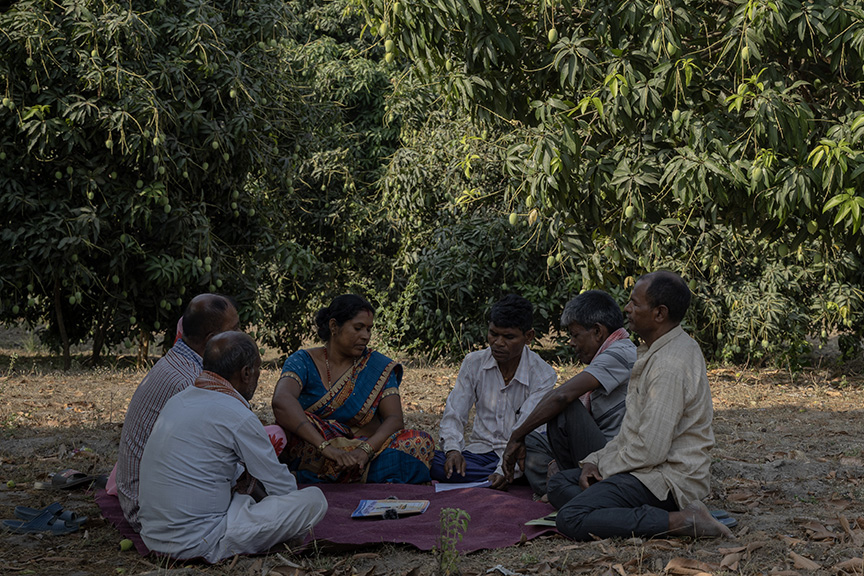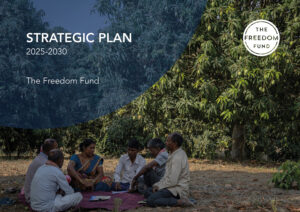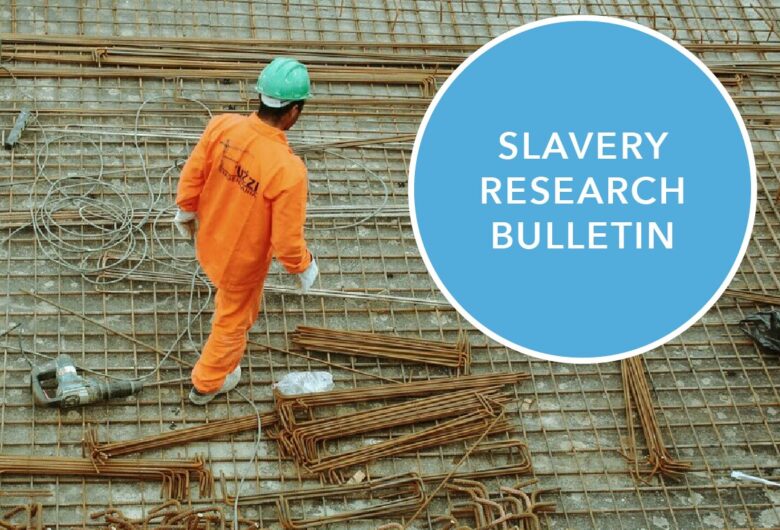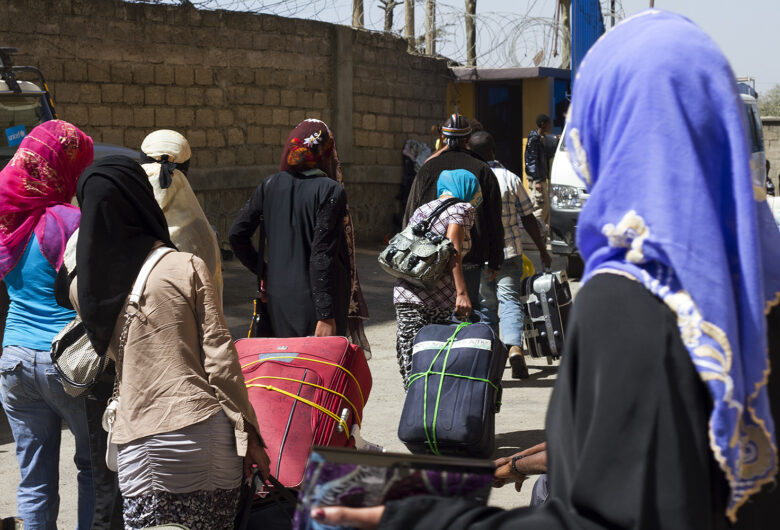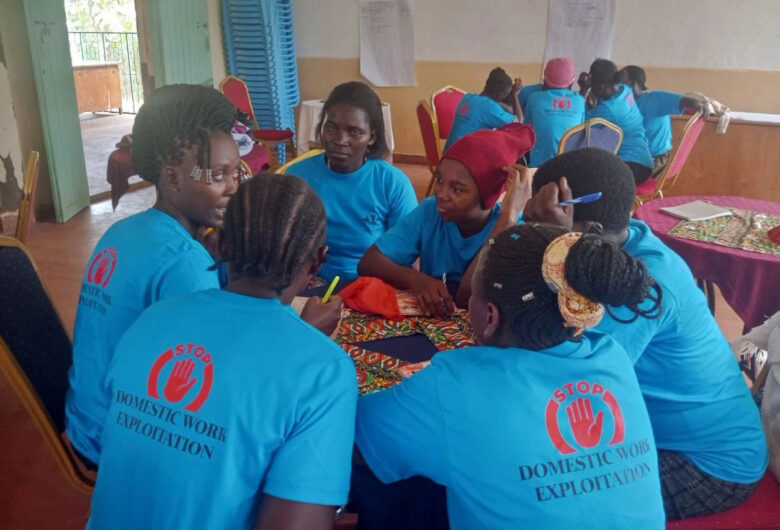After a year of reflection and consultation, I am writing to share the Freedom Fund’s roadmap through 2030. Our new strategic plan will enable us to direct our resources where we believe they are needed most in these challenging times: providing our partners with greater funding, flexibility and autonomy and supporting the growth of powerful frontline movements.
Since the Freedom Fund was launched in 2014, much has changed, but the call for action to end modern slavery remains as urgent as ever. We’ve witnessed groundbreaking research, new laws that demand accountability and the relentless courage of survivor advocates. Yet, despite these strides, public attention has waned.
For the Freedom Fund and our partners, exploitation is not a fleeting issue — it’s a brutal daily reality for millions around the world. Vulnerable communities, already bearing the weight of crises like conflict, authoritarianism, climate change and forced migration, are hit the hardest. The need for funding remains critical, and progress is still far too slow.
Ten years of collaborating with frontline and survivor-led organisations showed us that our greatest hope to eradicate modern slavery lies in their hands. In developing this strategy (with the expert help of I.G. Advisors), we asked over 250 people — grantee partners, lived experience experts, staff, board members, donors and peer organisations — where the Freedom Fund should go next. Responding to their feedback, we have decided it’s time to make even bolder commitments.
In our 2025-2030 strategic plan, you will find updates to our organisational values, mission statement, and theory of change. We have outlined a set of ambitious objectives to guide us as we double down on investing in frontline anti-slavery organisations and movements, fostering systems change, and serving as a valued funding partner. In order to get even more resources to frontline organisations, we will lean into our role as a funder, prioritise flexible funding and create more space for partners to lead.
Amid cuts to foreign aid and shrinking support for civil society groups that protect vulnerable communities and hold abusers to account, this strategy feels more relevant than we could have imagined. Frontline organisations need our solidarity and support, and we are determined to dedicate our resources to unlocking their power.
I am hugely grateful to all of those who helped to inform this strategy and sharpen our focus. Our frontline partners continue to provide us with inspiration, and their vision of a world free of slavery — a world in which communities are not only liberated but thriving — deeply informs ours. I invite you to read our new strategy and join us as we build this new world together.

